When you think about it, Radio 4 is mostly a pile of old toss. Money Box qualifies as an anaesthetic, the dramas couldn’t act their way to the nearest street corner and Sheila Dillon from The Food Programme just needs a slap. That’s even before we reach the five most depressing words in the English language: ‘And now, You and Yours.’ Yet we love it. The bits of the station’s output we do like, we worship. Forget Magna Carta and the NHS, when the barricades go up then I, along with all the other Four Whores, will be fighting myself to a bloody stump in defence of Corrie Corfield and Today.
This book, a lists-and-break-out-boxes tribute to the station, is very like Radio 4 itself: much of it I found boring, yet I couldn’t resist sticking with it. Page after page goes by with nothing more scintillating than a summary of past presenters of Gardeners’ Question Time, and then wham, you get the revelation that ‘Sailing By’ was written by someone called Ronald Binge. Did you know that Adrian Mole started life as Nigel Mole in a Radio 4 play from 1982? Or that Arthur Scargill and Cilla Black both chose the Mona Lisa as their luxury on Desert Island Discs? If these revelations excite you, the book should be right on your wavelength.
At points the author allows herself some remit-widening, covering history from before Radio 4’s 1967 birth. But then several of the network’s programmes (Woman’s Hour, The Archers) are older than the network itself, so this seems fair. Hodgson includes the second world war memo from a secret BBC facility in Worcestershire: ‘If the alert is sounded, staff must run into the woods immediately and lie down. Preferably in pairs.’ For the first ever radio play, set in a coal mine, the actors performed with their heads in buckets. An early agreement with newspapers prevented the Beeb from transmitting live sports commentaries, so the 1926 Derby was broadcast simply as the horses’ hooves thundering past and the crowd cheering — listeners had to wait for the 7 p.m. news to find out who had won.
In the Radio 4 era itself, we hear of newsreader Neil Sleat being faced with the Hawaiian name ‘Keihanaikukauakahihuliheekahaunaele’ (he got it right — twice) and Denis Thatcher shouting ‘Bastards! Bastards!’ while listening to Today in the bathroom. Harry Hill worked as a doctor as he tried to break into comedy, sending jokes to Week Ending from a fax machine meant to be kept clear for organ-donor alerts. In the 1970s Desert Island Discs contacted the wrong Alistair MacLean, not the world-famous author but the head of the European office of the Ontario Tourist Bureau. Too embarrassed to own up, they recorded the programme but never used it.
It’s probably just as well that Radio 4 transmits so much aural broccoli to accompany the meat you actually enjoy. If everything was as good as Loose Ends, Bleak Expectations and Something Understood, I’d never get anything done. As one tweet quoted in this book puts it: ‘I have no idea at all what is going on in The Archers, I just like how it sounds as I’m cooking breakfast. I think Kate wants a baby?’
Got something to add? Join the discussion and comment below.
Get 10 issues for just $10
Subscribe to The Spectator Australia today for the next 10 magazine issues, plus full online access, for just $10.
Available from the Spectator Bookshop, £9.49 Tel: 08430 600033
You might disagree with half of it, but you’ll enjoy reading all of it. Try your first month for free, then just $2 a week for the remainder of your first year.

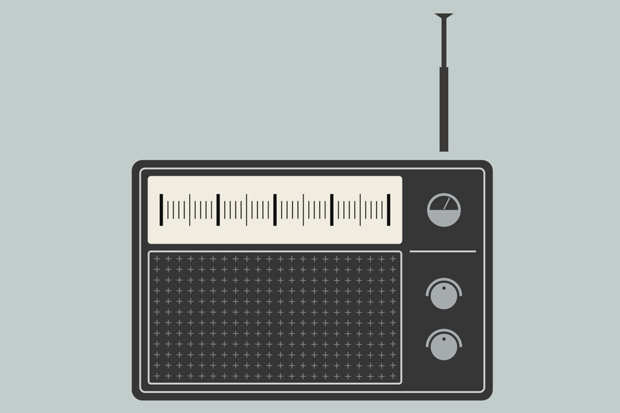
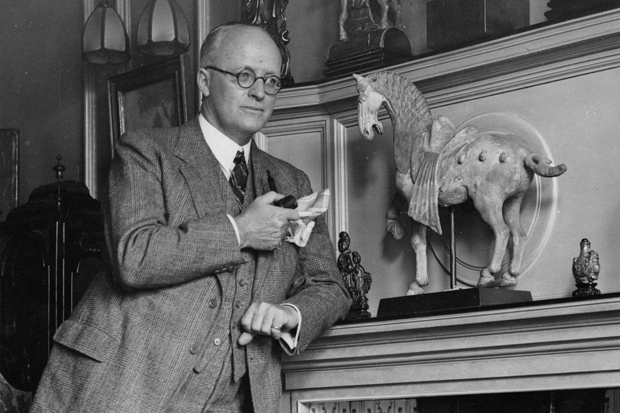
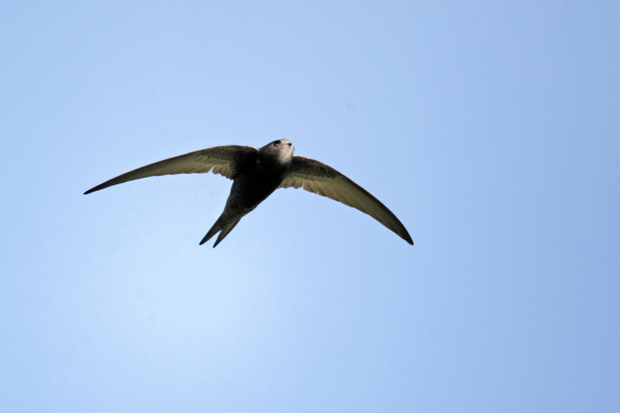
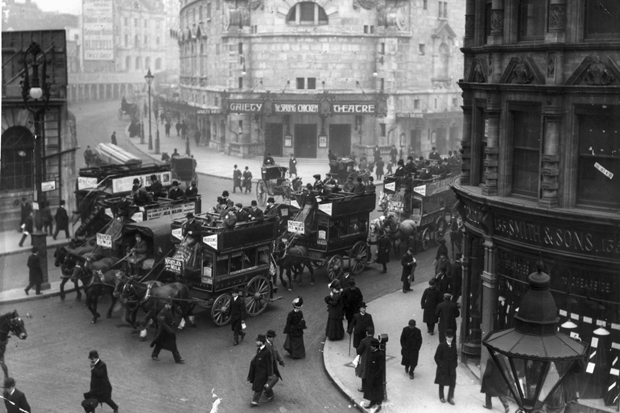
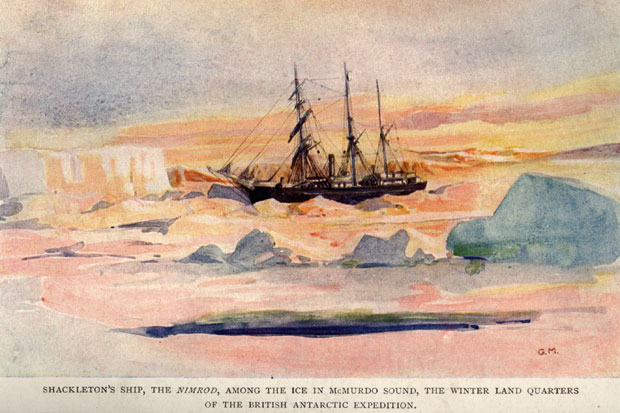
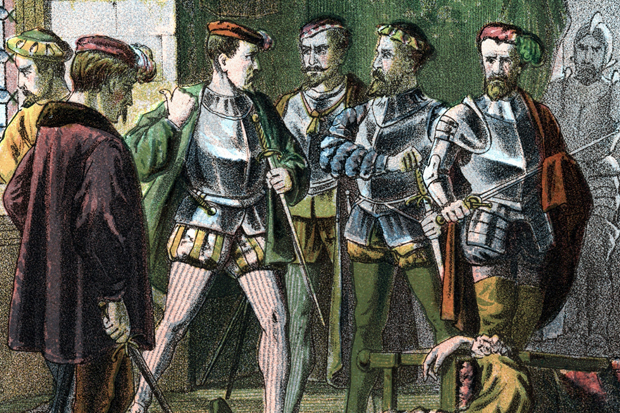
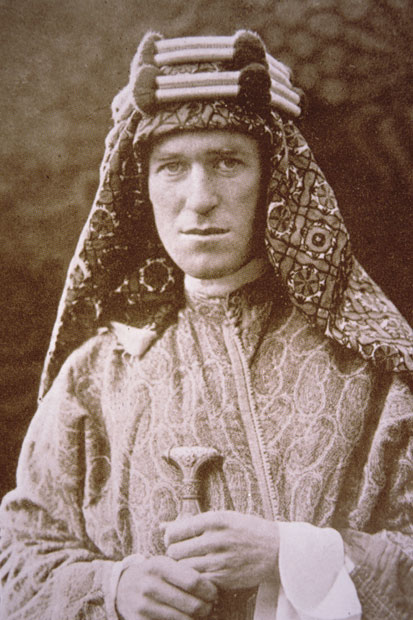






Comments
Don't miss out
Join the conversation with other Spectator Australia readers. Subscribe to leave a comment.
SUBSCRIBEAlready a subscriber? Log in